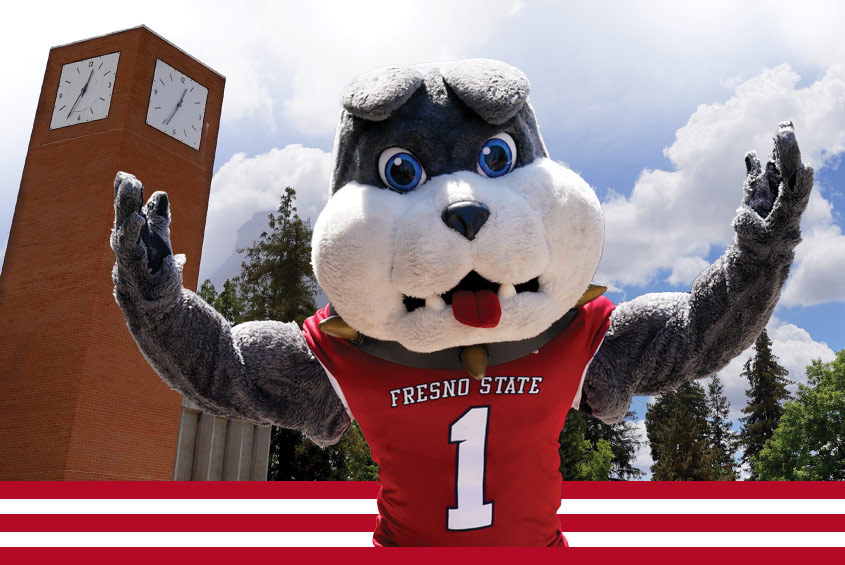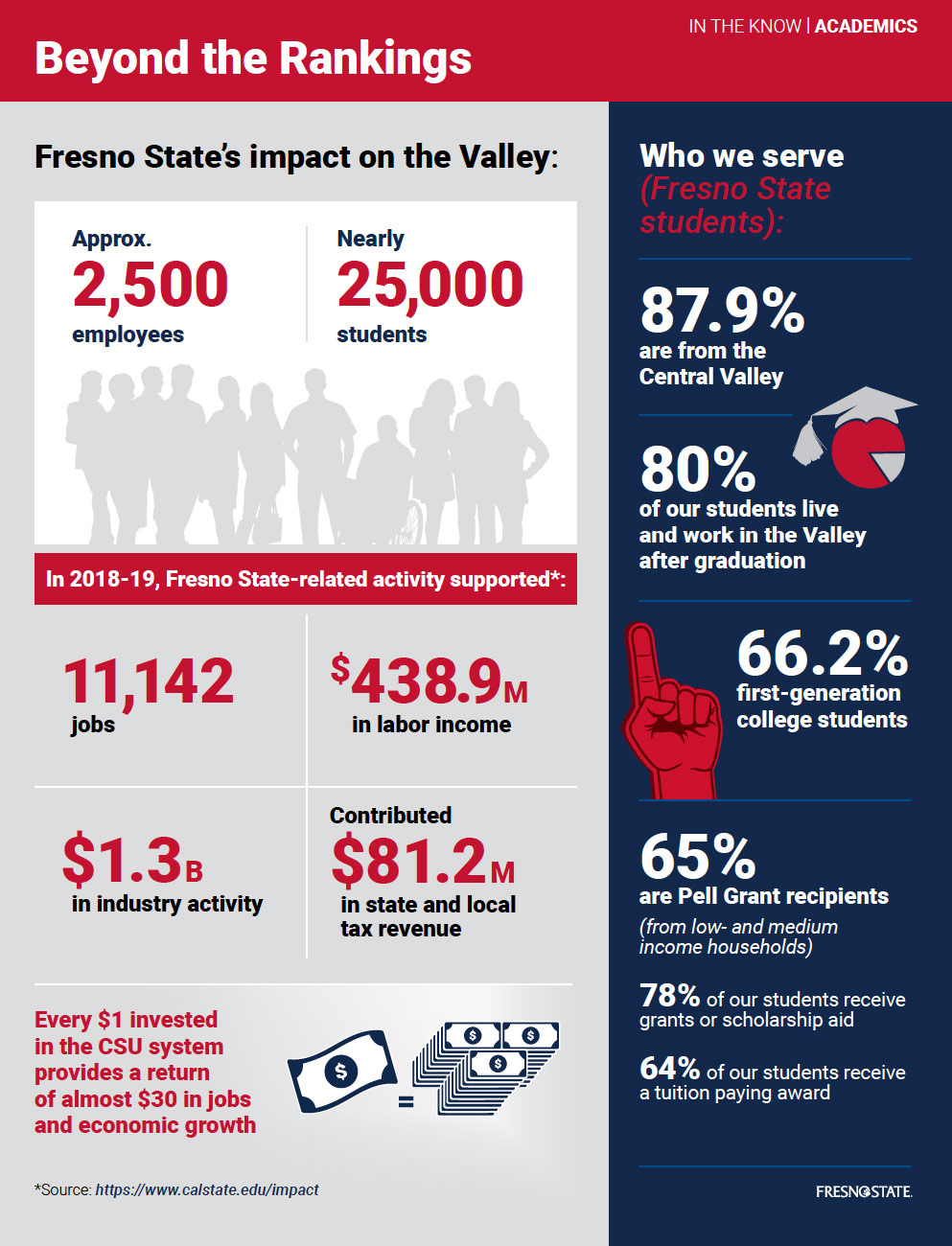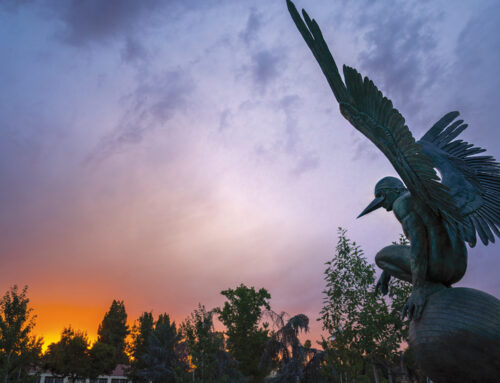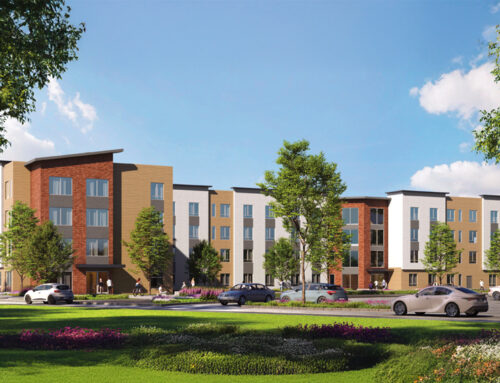The ‘Unseen Data’ of Lives Transformed
How measuring the university’s impact goes beyond the rankings
By Charles Radke (’96)
How do you measure the impact of a university?
With many in academia and the media scrutinizing the validity of popular college rankings systems, it’s a fair question, one that has surfaced quite a bit of late.
The debate comes on the heels of Columbia University’s tumble from No. 2 on U.S. News & World Report’s list of best universities in America to No. 18 after the school admitted to providing false information to boost its ranking.
Since the news broke in September, journalists and academics alike have called rankings systems into question, with some going so far as to call them inaccurate or misleading. The truth, they say, is that schools are far too complex to be reduced to a single number.
At Fresno State, rankings are just part of the picture that demonstrates the university’s value to students and to the region — and the university has had some rankings to be proud of recently.
Fresno State ranked No. 36 in Washington Monthly’s 2022 National University Rankings of colleges and universities that best serve the country in the areas of social mobility, research and public service. Washington Monthly is known for basing its ranking on universities’ contributions to public good rather than solely on prestige and wealth.
This is the seventh straight year Fresno State has been the highest-ranked campus in the California State University system, and the university ranks alongside notable Pac 12 Conference institutions including No. 1 Stanford, No. 9 University of California, Berkeley, No. 19 Washington and No. 21 UCLA.
U.S. News ranked Fresno State No. 30 for social mobility, recognizing how well the university graduates students who come from low- to medium-income households.
Dr. Xuanning Fu, Fresno State’s provost and vice president for Academic Affairs, says college rankings are just one piece of the puzzle when it comes to measuring a university’s value.
“Rankings can be fun to look at, and serve as a pride point for alumni and friends, but there are many other factors to consider that are not included in the rankings when students and their families are choosing a university,” Fu says. “Each student’s situation, needs and goals are unique, so it’s important to consider things like support services, campus life and opportunities for involvement and other resources that may be important to the student. At Fresno State, there are many, many examples of alumni who have achieved incredible things and become leaders in our region and beyond — and that shows the true value of a Fresno State degree.”
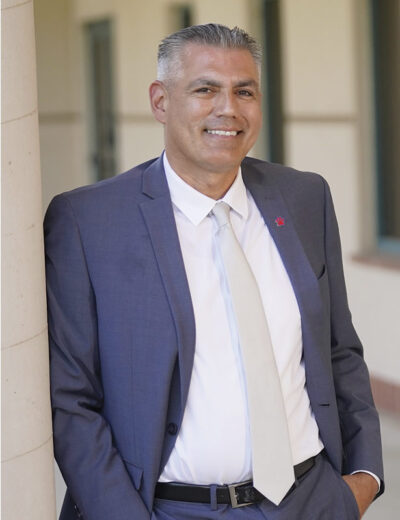
Dr. Hank Gutierrez, deputy superintendent for the Fresno Country Superintendent of Schools, holds three degrees and a teaching credential from Fresno State, including a Doctoral in Educational Leadership.
Fresno State alumnus Hank Gutierrez, who in 2021 became Dr. Hank Gutierrez, pays little mind to college rankings. Numbers, he said, cannot possibly tell the whole story. Rather, the true measure of a university, in his estimation, is how it elevates students to heights once thought unfathomable, providing them the skills necessary to be competitive in the workforce so they can live better lives than their parents.
That’s Gutierrez’s story, after all. He calls it the “unseen data” of lives transformed.
Gutierrez grew up in poverty with his single mother, who worked long hours at a factory producing foam meat trays for grocery stores. An only child, he was raised in part by his grandparents, since his father was incarcerated. His first memory of his dad, in fact, was seeing him at the Tehachapi State Prison.
His primary school years are a blur, with Hank having attended five different schools from kindergarten through fourth grade. By the third grade, young Hank had still not learned how to read; he was immersed in pull-out programs where he’d spend time away from his classmates with a tutor.
“I struggled all the way until my sophomore year in high school,” he says. “Most nights, I just lay awake feeling humbled and paralyzed by my lived experiences.”
It was a high school art teacher who finally recognized in Gutierrez something others missed. “You’re not great in math or English,” that teacher said, “but you’re the best artist I’ve seen.”
“It was the first time in my life that a teacher believed in me,” he says. “That’s when things started to snowball for me in terms of self-belief.”
He graduated from Fowler High School in spring 1988, though he’d be the first to tell you that his transcripts weren’t glorious; he had a 2.6 GPA.
A counselor told him that despite his marginal grades, Fresno State had a path for him, one that involved a Summer Bridge and the Educational Opportunity Program that would provide him with admission, academic and financial support services.
“Without Fresno State,” he says, “I may have stayed in Fowler and worked at the local gas station.”
Fresno State allowed him, for the first time in his life, to connect with his heritage and culture. Among his other fine professors, Gutierrez studied under Fowler native and U.S. Poet Laureate Emeritus Juan Felipe Herrera.
“Talk about enlightenment!” Gutierrez says.
Today, Dr. Hank Gutierrez holds three degrees and a teaching credential from Fresno State, having completed his doctorate in Educational Leadership in 2021, the year he was awarded the Dean’s Medal. He is the deputy superintendent for the Fresno County Superintendent of Schools, and he is writing a book about the convergence of leadership and culturally responsive teaching, which includes some of those same lived experiences that used to cause him sleepless nights.
“I know I can bring new possibilities to this community,” he says. “I know what Fresno State did for me and what Fresno State can do for that little boy or girl growing up in poverty in Mendota, or Parlier or Fowler.”
Fresno State, Gutierrez says, has been his ticket to liberation. And there is no ranking system in the world, he said, that can put a number on that.
— Charles Radke (’96) is a dissertation and thesis consultant in the Division of Research and Graduate Studies at Fresno State.

